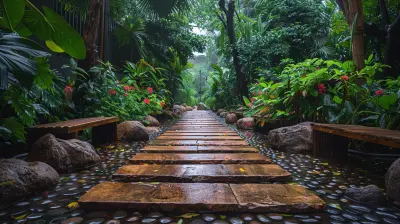Mountain Gorillas in the Mist: An Unforgettable Experience in Uganda
23 June 2025
Imagine trekking through thick, misty jungles, the air filled with the sounds of chirping birds and rustling leaves. Your heart races as your guide halts, pointing to a shadowy figure moving among the dense foliage. And then, suddenly, you see them—majestic mountain gorillas in their natural habitat, a mere few feet away.
This is not just another wildlife adventure; it’s a soul-stirring, life-changing experience. Welcome to Uganda, home to the extraordinary mountain gorillas of Bwindi Impenetrable National Park and Mgahinga Gorilla National Park.
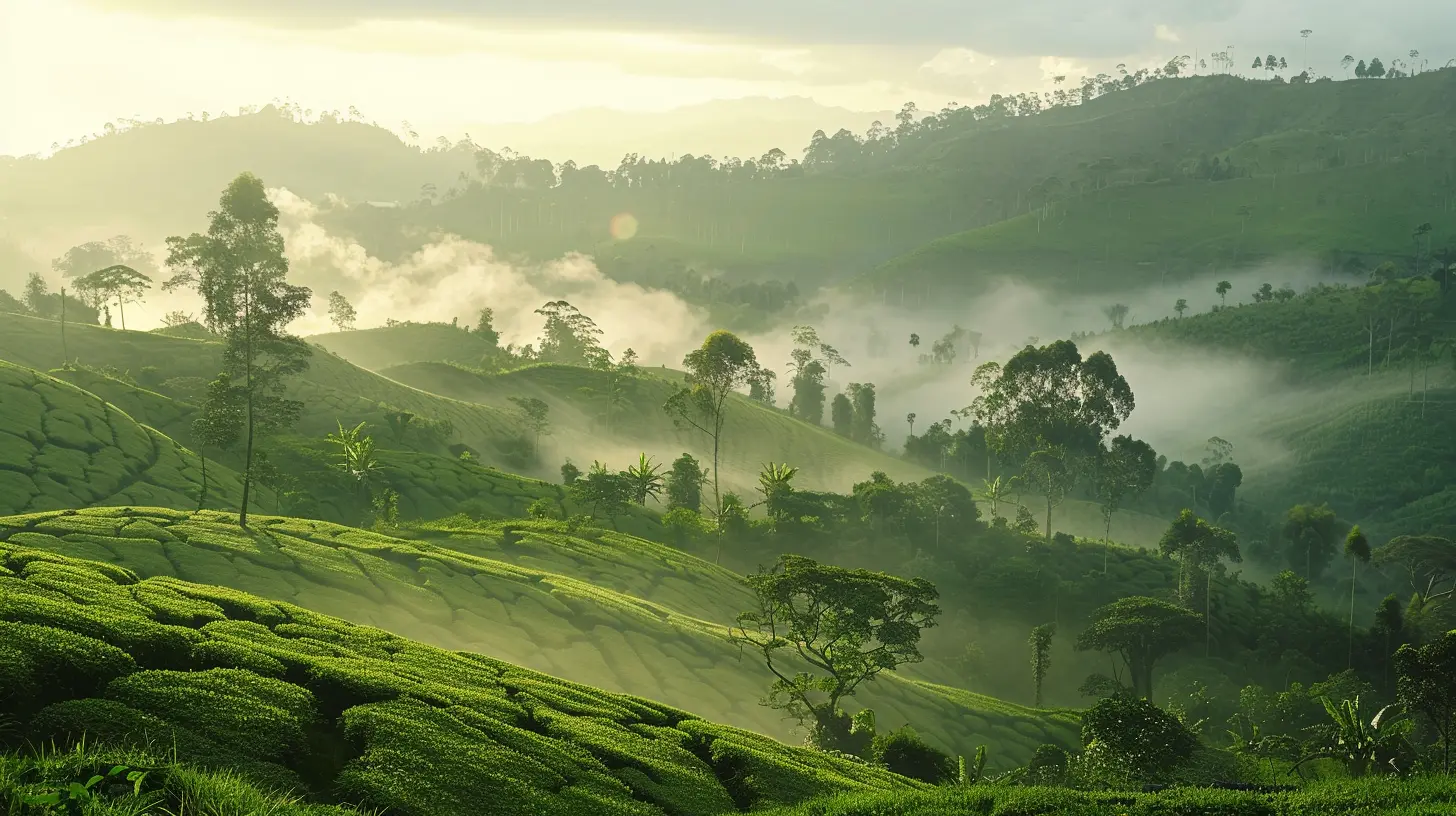
Where to See Mountain Gorillas in Uganda
Uganda is one of only three countries where mountain gorillas still roam freely. If you’re set on a once-in-a-lifetime encounter, there are two prime destinations you should know about:1. Bwindi Impenetrable National Park
Bwindi is the crown jewel of gorilla trekking, sheltering nearly half of the world’s remaining mountain gorillas. The forest is dense, ancient, and true to its name—impenetrable. But within its tangled greenery lies one of nature’s most breathtaking spectacles.2. Mgahinga Gorilla National Park
While smaller than Bwindi, Mgahinga is home to a transboundary gorilla family that moves between Uganda, Rwanda, and the Democratic Republic of the Congo. This park is less crowded and offers a more intimate trekking experience.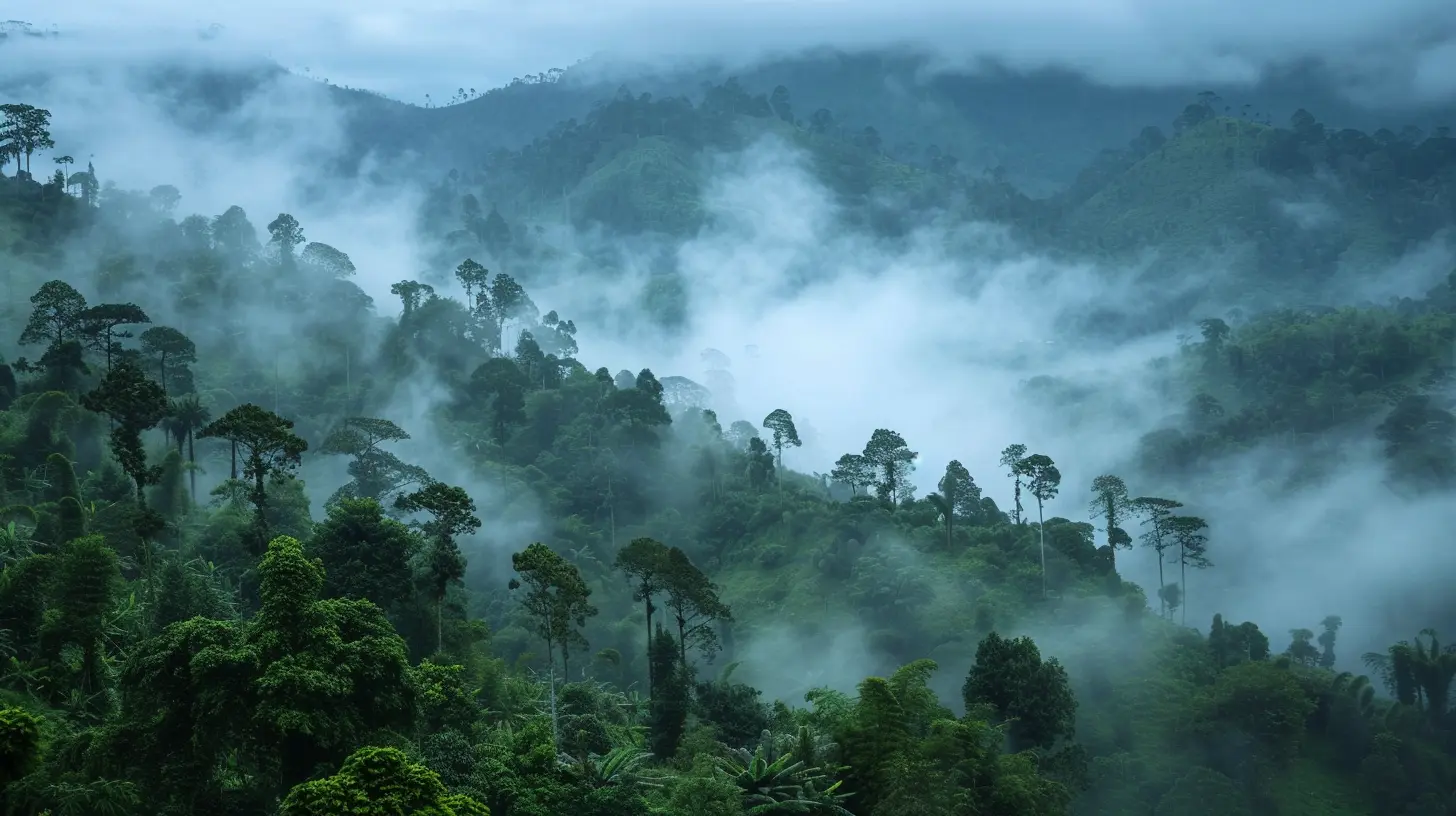
The Gorilla Trekking Experience
Getting Ready for the Hike
Gorilla trekking isn’t a walk in the park—literally. The hike can take anywhere from 30 minutes to several hours, depending on where the gorillas decide to hang out that day. Proper hiking boots, long sleeves, and a good level of fitness are essential.Trekking Through the Jungle
From the moment you step into the dense forest, you’ll feel like an explorer in a lost world. The terrain is rugged, the paths often muddy, and the air thick with humidity. Yet, every step is worth it.You’ll be guided by experienced trackers who follow fresh droppings, broken vegetation, and faint gorilla calls to lead you to your designated gorilla family.
That Magical First Encounter
After hours of hiking through the untamed wilderness, your guide signals for silence. You hold your breath as you spot a massive silverback, the head of the family, lazily munching on bamboo. Nearby, a mother tenderly cradles her baby, while juveniles tumble around in playful antics.For one precious hour, you’ll stand mere feet away from these magnificent creatures. The moment is surreal—it’s as if you’re intruding into their world, yet they seem completely unbothered by your presence.
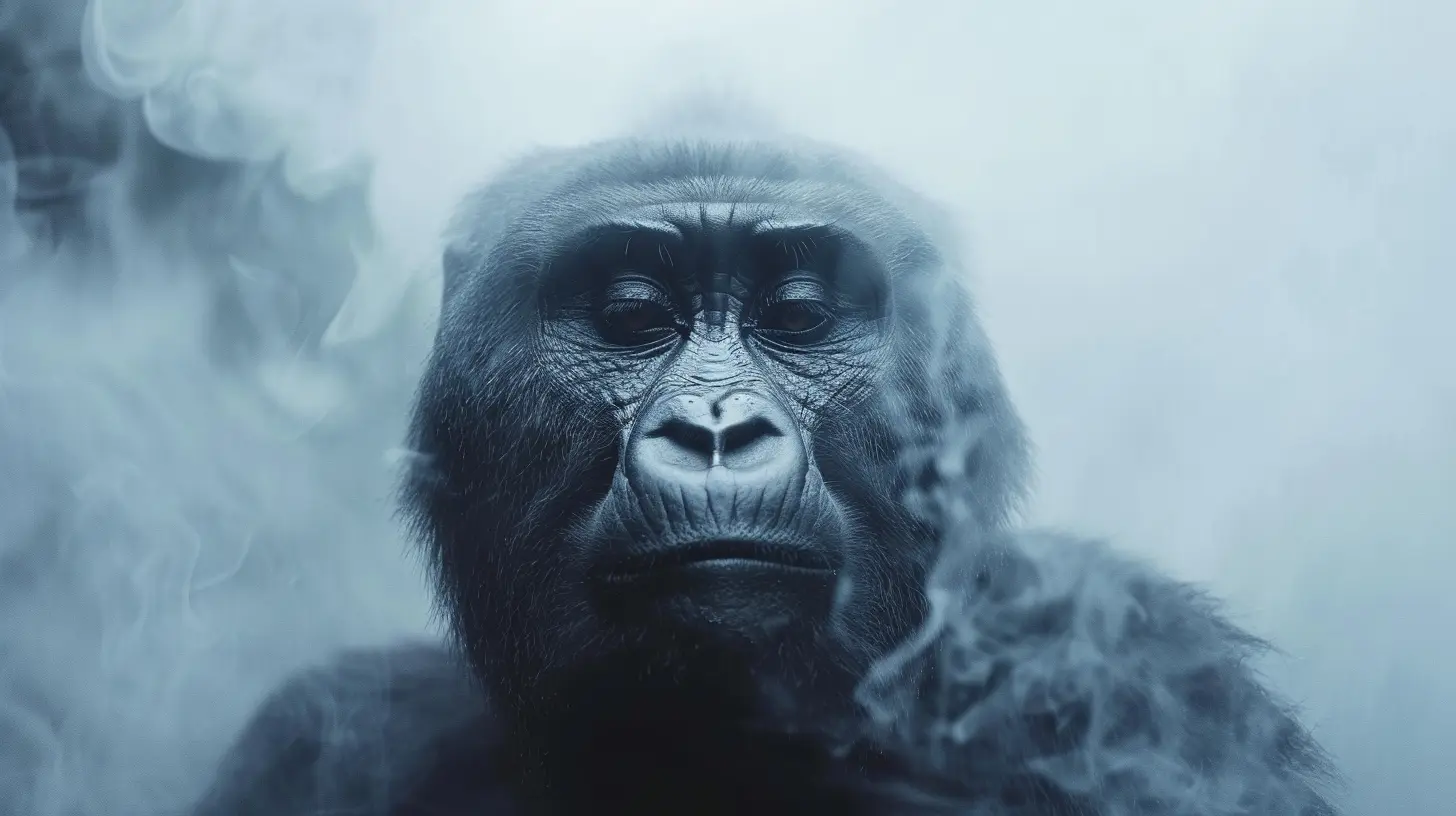
Why Uganda’s Gorilla Trekking is Special
1. More Affordable than Rwanda
While Rwanda offers a similar experience, Uganda’s gorilla trekking permits are significantly cheaper. A permit in Uganda costs $800, compared to Rwanda’s $1,500, making it a more budget-friendly option for travelers.2. Higher Gorilla Population
With nearly half of the world’s remaining mountain gorillas residing in Bwindi, Uganda offers better chances of sightings and a variety of habituated gorilla families to track.3. The Diversity of Bwindi’s Jungle
Bwindi isn’t just about gorillas—it’s an ecological marvel. The park teems with over 350 bird species, rare forest elephants, and beautiful waterfalls. It’s a paradise for nature lovers.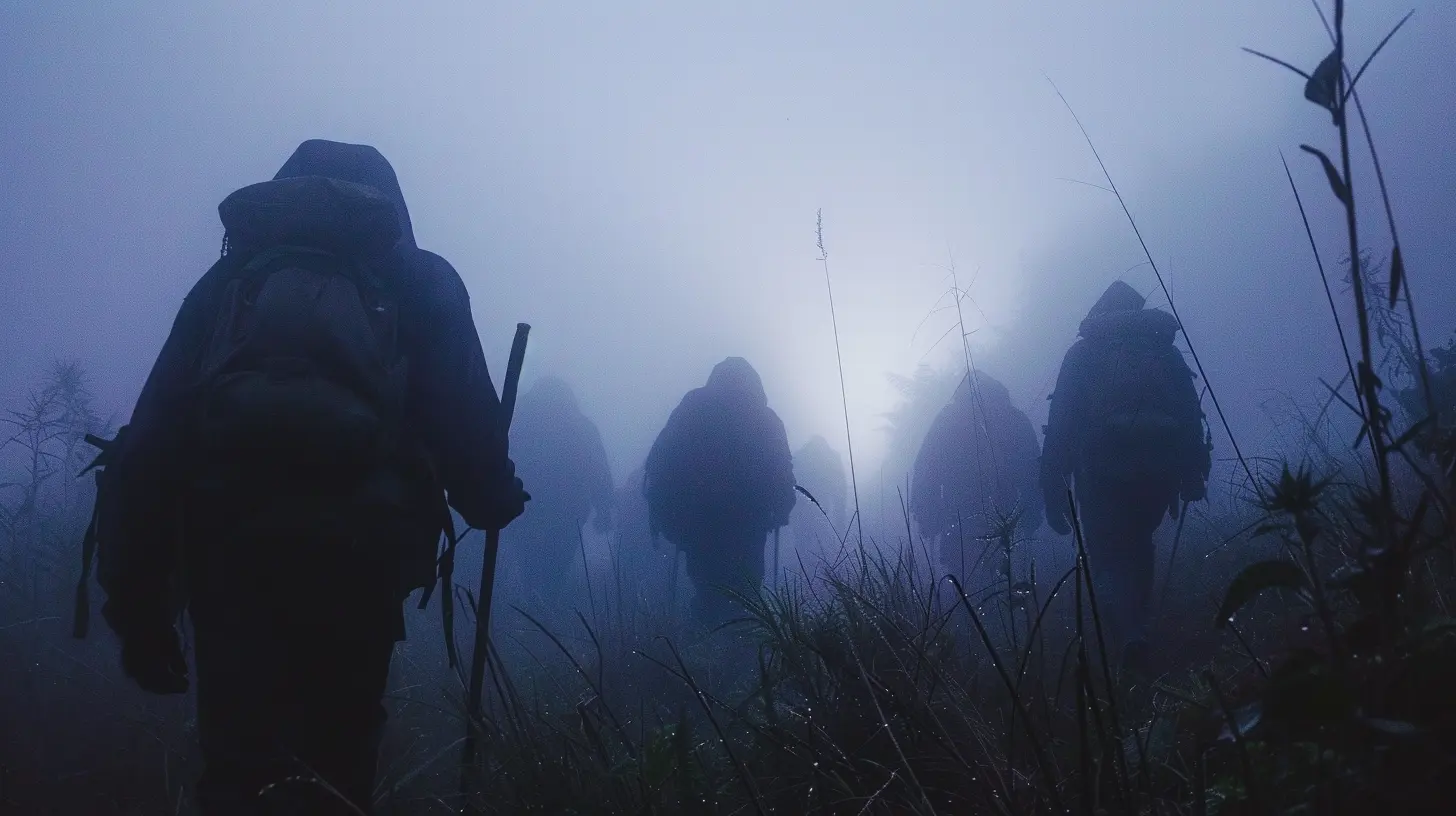
Best Time to Go Gorilla Trekking in Uganda
Timing is everything. Uganda’s climate is generally mild, but the best time to visit is during the country's dry seasons:- June to August
- December to February
During these months, the trails are less muddy, making trekking easier and more enjoyable. The wet seasons (March-May, September-November) can be more challenging, but they come with fewer crowds and lush green scenery.
Gorilla Trekking Rules and Guidelines
Mountain gorilla conservation is serious business. To ensure both their safety and yours, there are strict guidelines to follow:- Maintain a 7-meter (21-foot) distance from the gorillas.
- No touching—even if they approach you.
- If you’re sick, don’t go—gorillas can catch human diseases.
- Keep your voices low to avoid startling them.
- One hour max with the gorillas.
Breaking these rules isn’t just bad manners—it could harm the very creatures you came to admire.
What to Pack for Gorilla Trekking
Packing the right gear can make or break your experience. Here’s what you’ll need:- Sturdy hiking boots – The terrain can be treacherous.
- Long-sleeved shirts and pants – Protect yourself from insect bites and thorny plants.
- Rain jacket – Uganda’s forests have unpredictable weather.
- Garden gloves – For gripping trees and vines while hiking.
- Walking stick – Provided by guides, but bringing your own helps.
- Energy snacks & water – You’ll need the fuel.
- Camera (without flash) – To capture those priceless moments.
Gorilla Trekking Permits – How to Get One
Permits sell out months in advance, so book early. You can obtain one through the Uganda Wildlife Authority (UWA) or a licensed tour operator. Expect to pay $800 per person, which goes directly into conservation efforts and supporting local communities.
Is Gorilla Trekking Worth It?
Absolutely. It’s not just about seeing gorillas—it’s about stepping into their world, witnessing their raw emotions, and realizing just how connected we all are. The trek may be exhausting, but when you lock eyes with a silverback in the wild, everything else fades away.Uganda’s gorilla trekking experience is more than an adventure; it’s a privilege and a rare chance to connect with one of nature’s most remarkable species. So if gorilla trekking is on your bucket list, don’t wait. The misty mountains of Uganda are calling.
all images in this post were generated using AI tools
Category:
Wildlife EncountersAuthor:

Ian Powell
Discussion
rate this article
2 comments
Kirk McCall
Incredible experience! Uganda's mountain gorillas are truly a treasure to behold.
August 18, 2025 at 7:36 AM

Ian Powell
Thank you! I'm glad you enjoyed the experience with Uganda's magnificent mountain gorillas!
Oriel Montgomery
Embark on a wild adventure! Encountering mountain gorillas in Uganda's mist is like stepping into a real-life safari movie. Don't forget your camera - and your sense of wonder!
June 29, 2025 at 4:48 AM

Ian Powell
Thank you! Experiencing mountain gorillas in their natural habitat truly is a breathtaking adventure that stays with you forever. Don't miss it!


